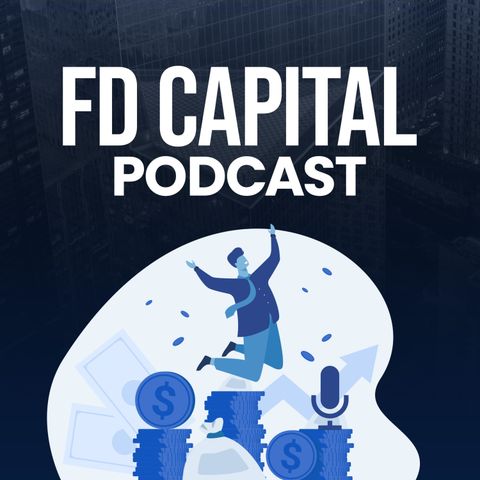Welcome back to FOREX Focus, your go-to podcast for staying ahead of global currency movements and central bank actions. I’m your host, Adrian Lawrence and today we’re diving into a hot topic that’s on every currency trader’s mind: the Bank of England’s expected interest rate cut in Sep 24 In this episode, we’ll discuss why this cut is likely, what signals the Bank of England has been sending, and how it might impact the forex market, especially for traders dealing with GBP pairs. So let’s get started. For those closely following the Bank of England (BoE), the chatter of a rate cut isn’t out of the blue. Several factors are pushing the BoE in this direction. The UK economy has faced consistent challenges this past year, from post-pandemic supply chain issues to rising energy costs, largely exacerbated by geopolitical tensions. However, it’s important to note that inflation is now starting to show signs of cooling off, albeit slower than many would hope. With inflation finally edging downward, the BoE is starting to worry less about overheating the economy and more about the sluggish growth that remains. The most recent data shows signs of economic deceleration. Manufacturing and services sectors are slowing, consumer spending is weakening due to high living costs, and unemployment rates are beginning to tick upwards. The BoE’s priority now is to avoid a prolonged recession, which could worsen if borrowing costs remain high. That’s why markets are widely expecting a cut in interest rates as early as February. Several key figures within the BoE have dropped hints about this possible rate cut. Governor Andrew Bailey, in his recent statements, mentioned that while inflation control remains a priority, the central bank must now consider the broader health of the UK economy. He specifically pointed out that with inflation beginning to cool, the BoE may soon need to adopt a more dovish stance to support growth and employment. Additionally, the latest minutes from the Monetary Policy Committee (MPC) reveal a growing divide between hawkish and dovish members. While some argue for maintaining current rates to ensure inflation doesn’t rebound, a majority seem to be leaning toward easing monetary conditions. Now, what does all this mean for the forex market? A rate cut typically signals a bearish outlook for a currency, and in this case, it would likely weaken the British pound (GBP). But let’s break down what this means for forex traders, particularly those dealing with GBP pairs.
- GBP/USD: The U.S. Federal Reserve has been more hawkish lately, showing signs of maintaining higher rates longer to curb inflation. If the BoE cuts rates in February, the interest rate differential between the UK and the U.S. could widen. This would make the GBP less attractive compared to the USD, potentially driving down the GBP/USD pair. We could see increased selling pressure on the pound leading up to February, with many traders already positioning themselves for the expected rate cut.
- EUR/GBP: The European Central Bank (ECB) has also been grappling with inflation but has maintained a relatively steady hand.
Visit our Forex Blog

